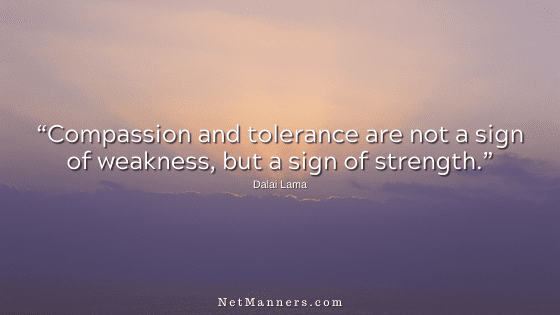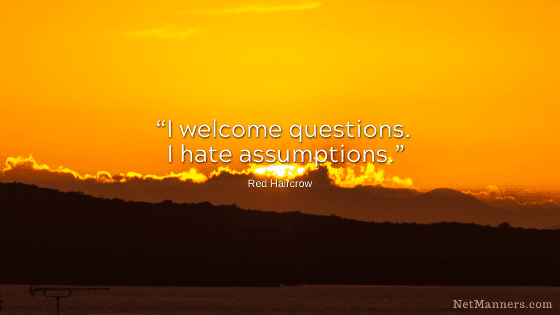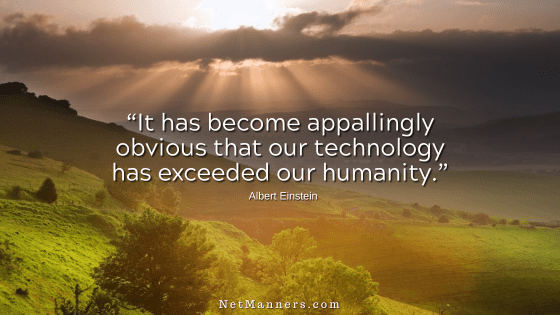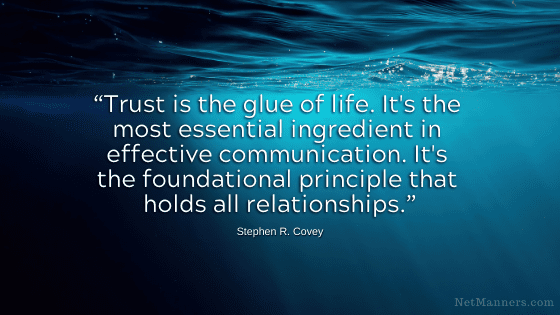POV: Don’t Accuse and Assume

Everyone is stressed out. Many have different priorities based on their situation or circumstances. More than ever, it’s time to get the benefit of the doubt and take a deep breath before reacting.
Email makes it much easier to make accusations or assumptions. As a result, social media has become a shouting match between friends and strangers alike.
It is common to receive emails or see posts that contain comments based on the sender’s perspective. In some cases, remarks or claims that the very same folks would not say face-to-face. They often do not consider the human being on the receiving end.
Behind these screens, it is easier to type whatever comes to mind because you don’t have that eye contact or person sitting in front of you to have them deal with their reaction.
Anonymity is Not an Excuse
Never use anonymity as an excuse to type things you wouldn’t usually say. Unfortunately, there’s a lot of that happening on social media. And it isn’t productive. In particular, when it appears so, many are now more sensitive for some reason.
Rule of Thumb: If you would not communicate that way face-to-face — just don’t do it. Also, consider how you would appreciate a little courtesy in communications if directed at you.
Many things are going on in the background that emailers are unaware of, which can cause delayed emails, bounces, off-the-cuff fast responses, or a lack of response. You also don’t know their schedule, connectivity, or what they may be going through—all things that can cause stress in communications.
Emotions are Running High
It is easy to vent your frustrations about a situation, point unnecessary fingers, and demand a reply or result via email or social media. Many people look at email and social media as a way to vent without considering how the other side may feel or be going through.
When faced with a potential emotional misunderstanding, unless you are an expert at the issue and experienced enough to know all the variables backing up your point of view — don’t accuse or assume. Instead, ask kindly for clarification.
While you are assuming, why not believe that you do not know all the details? You may not have a window into what is impacting the situation. How about asking for an explanation in a kind and courteous way?
Don’t Accuse or Assume
If I do not receive a response to an inquiry, I don’t assume or accuse. Instead, I ask for more details if I don’t understand the tone or rationale. Then, I sent a kind follow-up confirming whether the party received my original request. I also include a comment asking if everything is okay.
Often, jumping to conclusions only exposes your lack of knowledge, understanding, or compassion to extend courtesy in any given situation. Type to unto others as you would have them type unto you.






